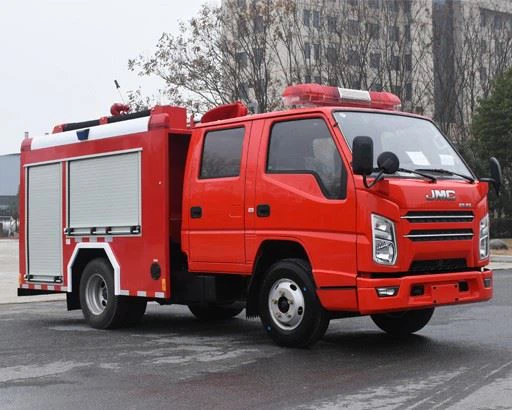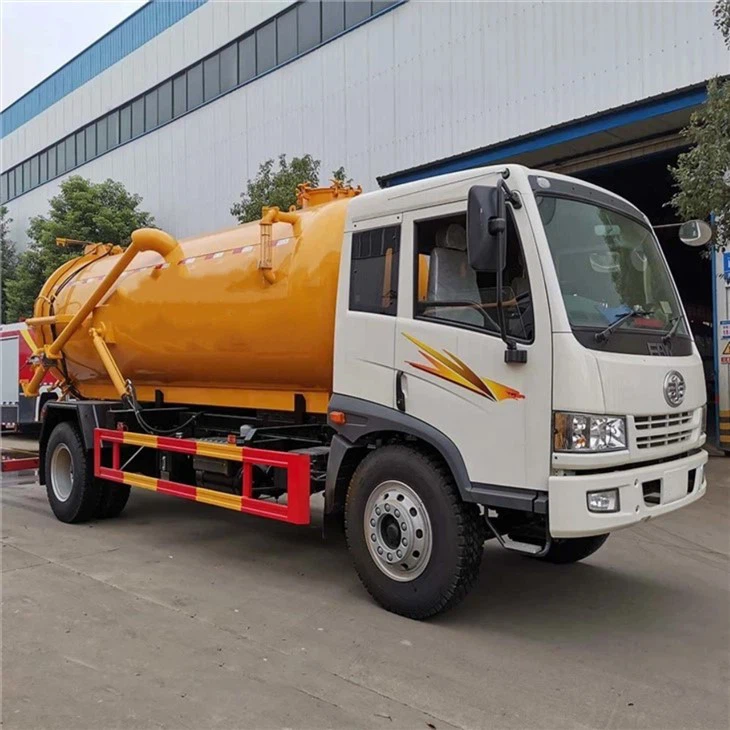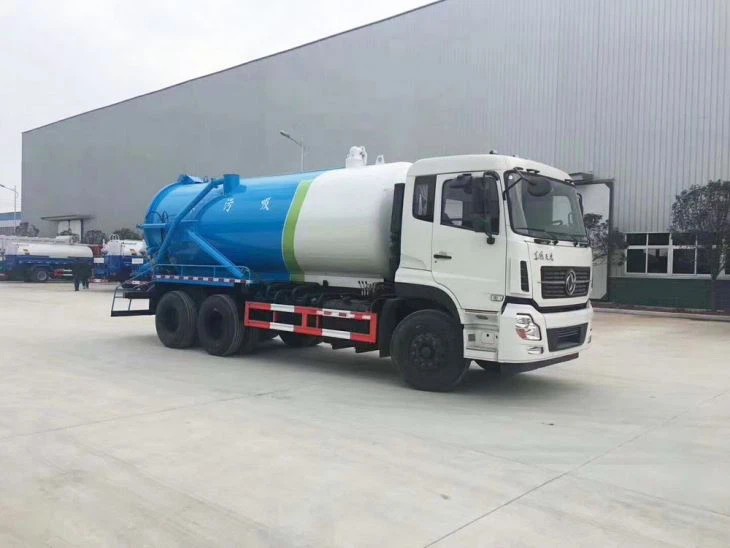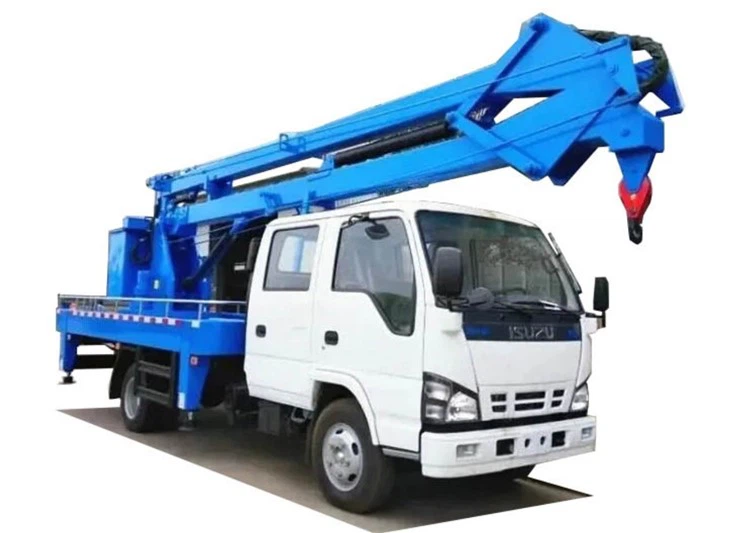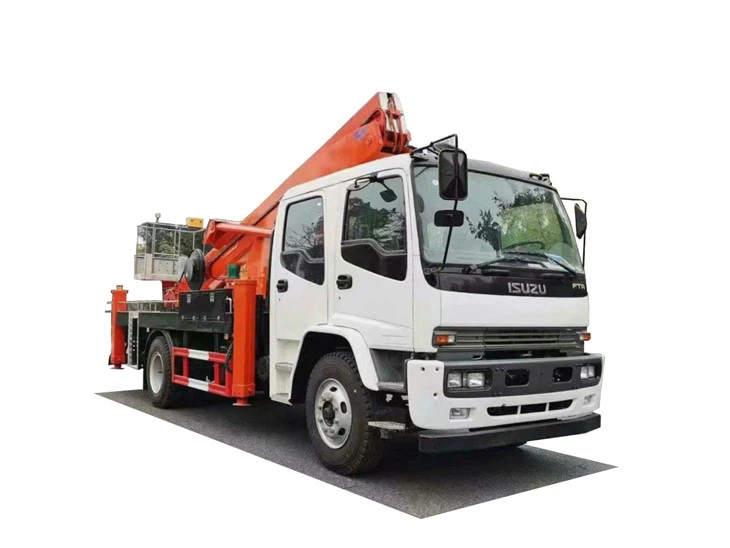Water tender trucks play a crucial role in various industries and applications, particularly in firefighting, construction, and agricultural sectors. They are designed to transport water efficiently, providing quick access to water in situations where it is desperately needed. In this comprehensive article, we will explore the various facets of water tender trucks, including their design features, uses, maintenance tips, and much more. By the end, you will have a thorough understanding of this essential vehicle and its significance in different fields.
What is a Water Tender Truck?
A water tender truck, also known as a water tank truck, is a specialized vehicle designed primarily for transporting large quantities of water. These trucks are equipped with a large tank and are often used in firefighting operations, agriculture, construction sites, and for dust control on unpaved roads. Furthermore, they are invaluable in rural areas where water supply may not be readily available.
Key Features of Water Tender Trucks
Water tender trucks come with various features tailored to their specific functions:
- Tank Capacity: Typically, these trucks have tanks that hold anywhere from 1,000 to 5,000 gallons of water.
- Pump System: Most water tenders are equipped with a powerful pump that can discharge water at high rates.
- Firefighting Equipment: Many trucks are fitted with hoses, nozzles, and fire suppression systems to aid firefighting efforts.
- Off-Road Capability: Some models are designed for rugged terrains, making them suitable for remote firefighting and agricultural applications.
Applications of Water Tender Trucks
1. Firefighting
One of the primary uses of water tender trucks is in firefighting. These trucks supply water to firefighters in areas where hydrants may not be available. Their large tank capacity ensures that firefighters have a continuous supply of water to combat wildfires or structural fires.
2. Construction Sites
In construction, water tender trucks are used for dust suppression, ensuring that dust does not affect nearby environments or disrupt operations. They also provide water for curing concrete or cleaning equipment.
3. Agricultural Applications
Agricultural professionals utilize water tender trucks for irrigation purposes, especially in regions where access to water is limited. These trucks can deliver water directly to crops, ensuring that they receive adequate hydration.
4. Mining and Quarry Operations
In mining, water tender trucks are essential for controlling dust during extraction processes. They can also supply water for processing minerals or cooling equipment.
5. Emergency Situations
In emergency situations, such as natural disasters, water tender trucks provide vital support by delivering clean water to affected areas and assisting in firefighting efforts.
Choosing the Right Water Tender Truck
Factors to Consider
When selecting a water tender truck, keep in mind the following factors:
- Tank Size: Determine the capacity needed based on your specific requirements.
- Vehicle Type: Decide between a standard truck or a specialized off-road model based on terrain.
- Pump Specifications: Analyze the pump’s flow rate and pressure capabilities.
- Budget: Evaluate your budget constraints, including maintenance costs.
Popular Models of Water Tender Trucks
| Model | Tank Capacity (Gallons) | Pump Type | Typical Use |
|---|---|---|---|
| Freightliner M2 106 | 3,000 | Darley 1000 GPM | Firefighting |
| Ford F-750 | 2,000 | PTO Driven | Agriculture |
| International WorkStar | 4,000 | Waterous 1500 GPM | Construction |
Maintenance Tips for Water Tender Trucks
Regular Inspections and Maintenance
To ensure optimal performance, regular inspections and maintenance are essential. Here are some tips:
- Check the water tank for leaks or corrosion.
- Inspect the pump and hoses for wear and tear.
- Monitor fluid levels and replace any that are low.
- Clean the truck regularly to prevent dirt build-up, especially on the pump.
Winterization
If operating in colder climates, winterization is crucial. This includes draining the tank and pump to prevent freezing and using antifreeze solutions where applicable.
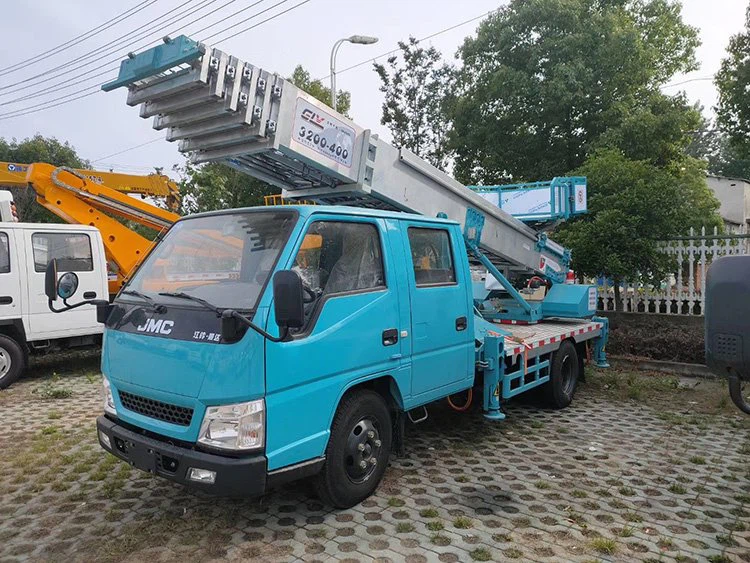
Seasonal Preparations
Before peak operating seasons (e.g., wildfire season), conduct thorough checks on the truck’s capabilities, focusing on the pump and tank functionality.
Environmental Considerations
Water tender trucks must comply with environmental regulations to mitigate potential negative impacts. Key considerations include:
Water Source Management
Ensure sustainable practices when sourcing water from natural bodies. Overdrawing can cause ecological harm.
Pollution Prevention
Regularly inspect the trucks to prevent leaks that could contaminate soil and water sources. Proper disposal of wastewater is essential.
The Future of Water Tender Trucks
Technological Advancements
As technology evolves, water tender trucks are expected to incorporate advanced features such as:
- Smart Sensors: For monitoring water levels and pump efficiency.
- GPS Tracking: For efficient routing and deployment in emergencies.
- Eco-friendly Options: Hybrid models that reduce carbon footprints.
Impact of Climate Change
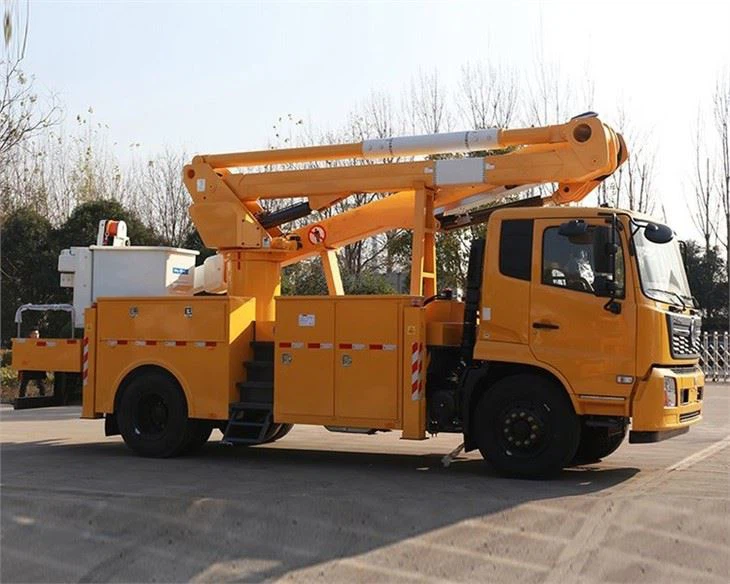
With changing weather patterns, water demand has increased in various sectors, resulting in the enhanced need for effective and reliable water tender trucks.
Frequently Asked Questions (FAQs)
1. How does a water tender truck differ from a fire engine?
A water tender truck primarily transports water, whereas a fire engine is equipped with firefighting hoses, tools, and may also contain water. Fire engines are designed for immediate firefighting response.
2. What is the average cost of a water tender truck?
The cost can vary significantly based on size and features but generally ranges from $50,000 to $150,000.
3. Can water tender trucks be used for potable water transportation?
Yes, if they are equipped with food-grade tanks that are properly cleaned and maintained, water tender trucks can transport potable water.
4. How often should water tender trucks be serviced?
Regular maintenance is recommended every 3-6 months, with in-depth inspections at least once a year.
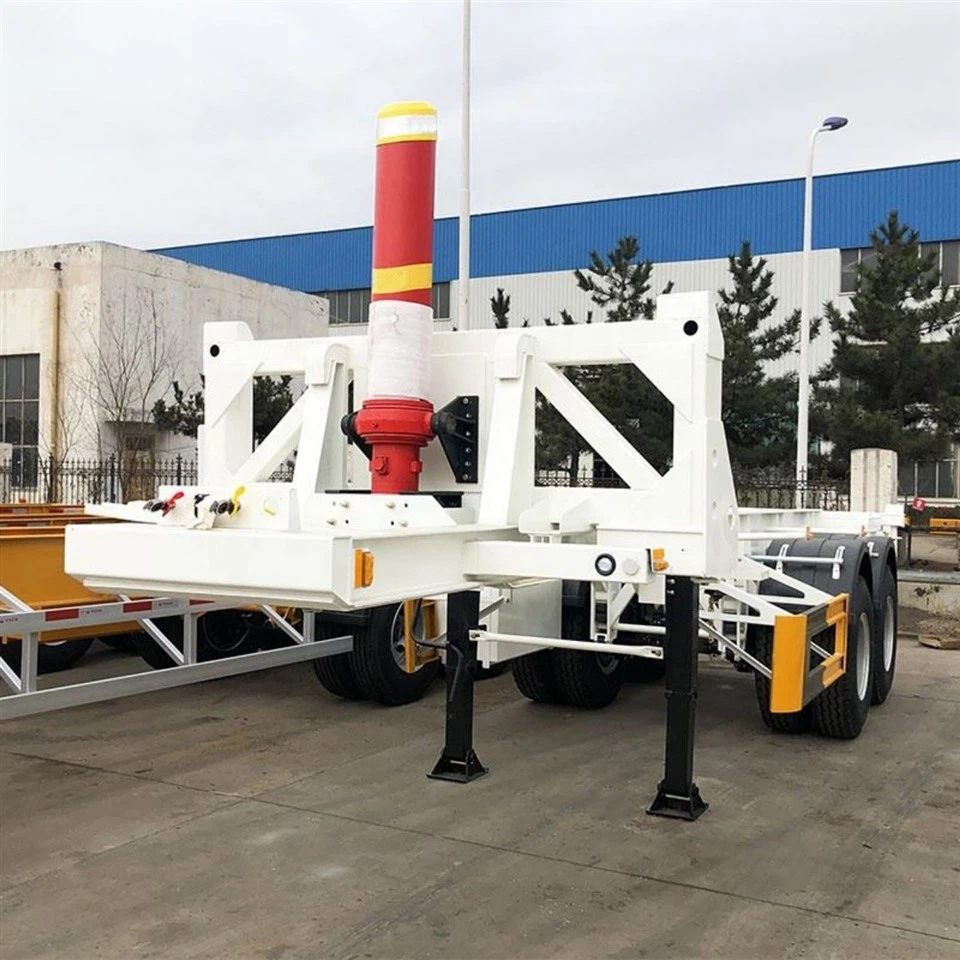
5. What training do operators need for water tender trucks?
Operators should be trained in vehicle operation, safety protocols, pump operation, and emergency response techniques.
6. Are there hybrid or electric options for water tender trucks?
Yes, the market is starting to see hybrid or fully electric models that aim to reduce the environmental impact of conventional water tender trucks.
